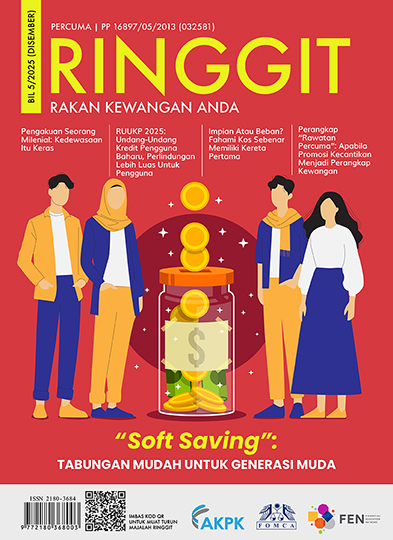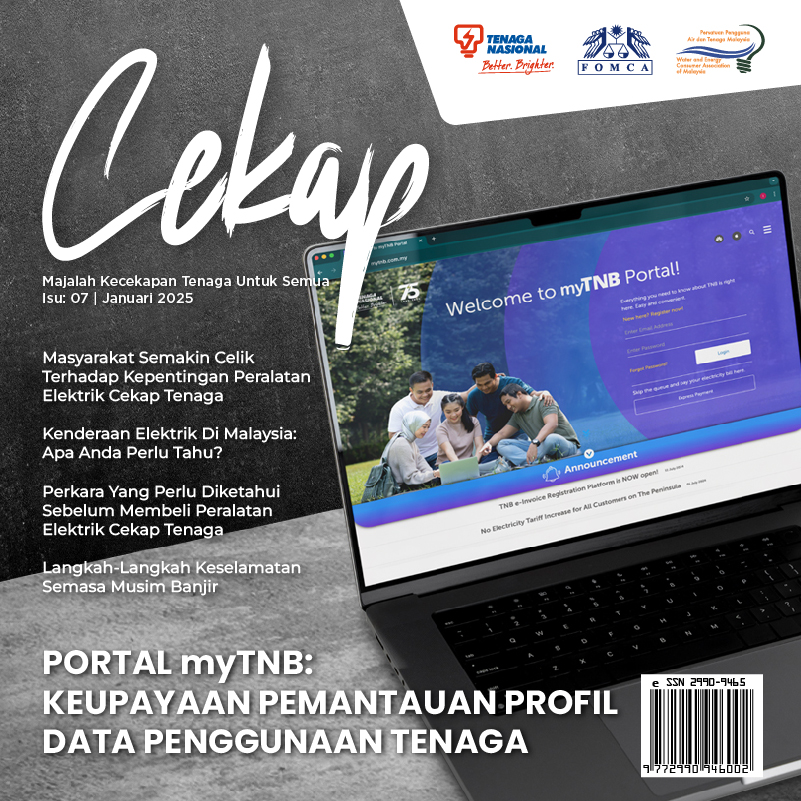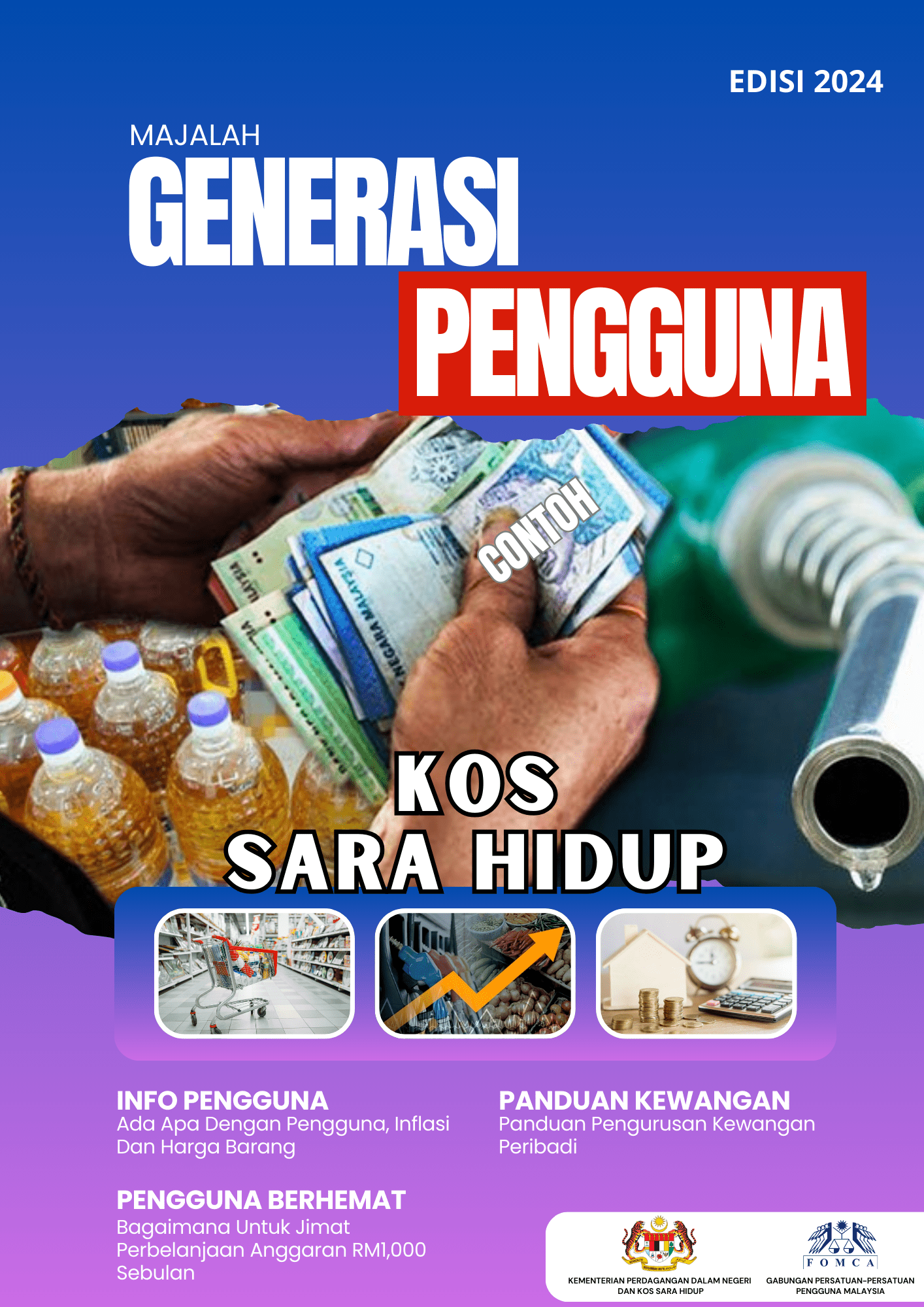 August 11, 2020 @ 1:52pm
August 11, 2020 @ 1:52pm
KUALA LUMPUR: An opposition Member of Parliament has called on the government to include a rental relief fund in the Temporary Measures for Government Financing [Coronavirus Disease 2019 (Covid-19)] Bill 2020.
Charles Santiago (PH - Klang) said the spread of Covid-19 which led to the implementation of the Movement Control Order (MCO) has affected many Malaysians to the point that some are now left homeless as they could no longer afford to pay house rentals.
Citing his own recent experience meeting those affected, Santiago said a husband, a pregnant wife along with their two children had been living in their car parked at the Tengku Ampuan Rahimah Hospital in Klang for about 10 days.
Another example given was a single mother, who used to work in a catering service, was also made homeless along with her two children due to her inability to pay RM550 monthly house rental.
"It doesn't matter to her landlord that she received zero income during the lockdown. These cases, I believe, are just the tip of the iceberg.
"Yes, the government did intervene but much more needs to be done. Many families are unable to make rent due to loss of income and retrenchment.
"Therefore, I suggest to Prime Minister Tan Sri Muhyiddin Yassin's government to include a rental relief fund in the Covid-19 bill 2020 which has already been tabled," he told a press conference at the Parliament building here today.
The RM45 billion Covid-19 bill was tabled by the Finance Ministry in the Dewan Rakyat last week and the second reading is expected to be concluded this week. Santiago said he will raise the matter in the House during the second reading of the bill.
"While the government waived off rent for six months, this only applied to tenants in PPR flats and Public Housing projects under the Housing and Local Government Ministry and the Kuala Lumpur City Hall."
Aside from families, Santiago said small and medium enterprises are also heavily affected, adding that SMEs have incurred an estimated RM14.31 billion losses in operating costs during the six weeks of the MCO.
According to a report by the Retails Group Malaysia, the losses include rental of premises, head office expenses, insurance, advertising and promotional expenses as well as repair and maintenance.
The report also cited cash flow challenges with the payment of salaries and premise rentals as the top two highest costs.
"With this cash flow and dwindling product margins, SMEs were either forced to shut down or retrench their workers. SME Association of Malaysia reported that about 30 per cent of SMEs are going to close down in the next year," he said.
As such, the DAP parliamentarian offered five suggestions to the government in order to resolve the issue.
The first suggestion was on the suspension of evictions where Santiago said landlords and tenants should reach an agreement instead of forcing families out of their premises or at least issue a 90-day notice before any eviction.
The second was to introduce rent freeze by banning residential and commercial rent increase up until March 2021 and the third is to extend the moratorium.
The fourth suggestion by Santiago was to waive off rental for the poor by compensating the landlord until March 2021 and the fifth is to introduce a special grant for SMEs that experienced a 30 per cent revenue drop.
"I propose a rental relief measure for the fair sharing of economic hardship and for the common good of society and economic sustainability.
"This way, we provide a life-line for businesses and keeping employment intact, thus preventing a crisis," he said.
Santiago also said it was time Malaysia considers these measures as similar initiatives have been taken by other countries such as Singapore, Japan, New Zealand and a South-eastern state in the US, Virginia.
In New Zealand, the government imposed a freeze to residential rent increases and provided greater protection for tenants against having their tenancies terminated.
In Virginia,
the government launched the Virginia Rent and Mortgage Relief Program which will provide USD50 million (RM210 million) in the federal's Coronavirus Aid, Relief and Economic Security (Cares) Act funding for households in the form of rent and mortgage payments.
The Japanese government on the other hand shoulders two-thirds of rentals for up to six months if small businesses, irrespective of sector, experience revenue drops.
Singapore has offered rental relief programme involving a two-month waiver of rentals for all SMEs and non-profit organisations (NPOs), including another additional two months on appeal.




